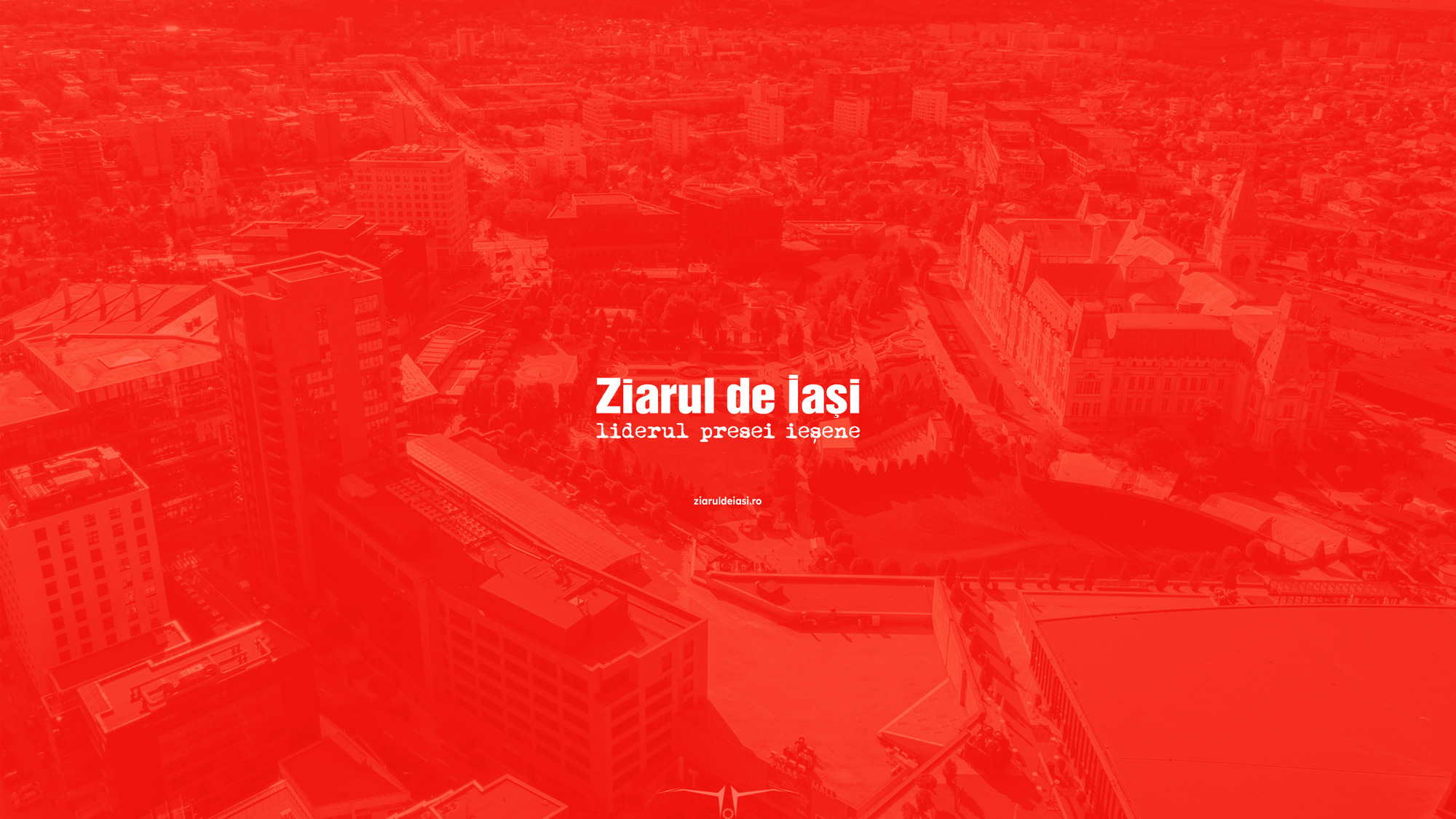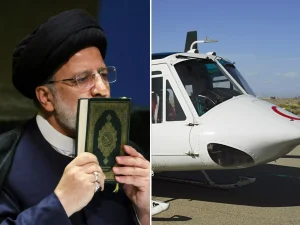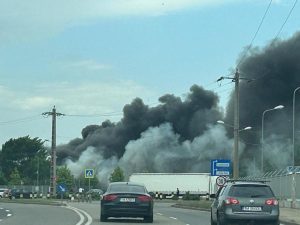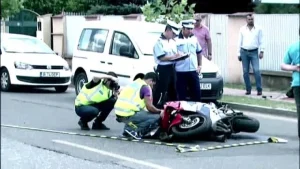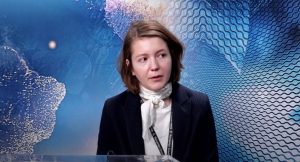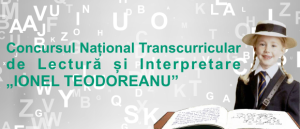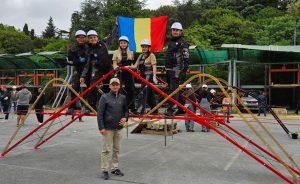
"The Focsani declaration" will probably become a turning point in Romania’s post-communist history. Its concrete result – despite some subsequent inconsistent explanations -is that president Iliescu transmitted a very clear ideological message and initiated a necessary internal debate. This is why the effect of this declaration at an internal level could be more significant, in spite of the fact that the press underlined especially the negative international impact.
For a few years, the only "politically correct" option existing in Romania has supported the necessity of integrating our country into
NATO and EU , the idea that the economic reform and the privatization process should be continued. Even PRM (Great Romania Party) has accepted this necessity, in spite of the fact that 7 or 8 years ago, Ilie Neacsu, one of the party’s outstanding figures, wrote that he "was waiting for the moment when the Russian flow would invade the entire Europe and would destroy the Brussels ramshackle". We could even say that all Romanians, their leaders included, support the Euro-Atlantic integration. Everybody wants a market-oriented economy and an occidental democracy. The way in which people want to show that they support these ideas is sometimes ridiculous. This is the only label which can be applied to the attitude of the new Iasi prefect, Corneliu Rusu Banu, who declared that he would use his position in order to fight for Romania’s integration into NATO. This series of expectations is permanently nourished with new arguments provoked by its own influence. Iliescu’s declarations after the general elections were saluted by journalists, politicians and political analysts. Everybody thought that the new former president had changed, that after having been a member of the opposition during four years, he had decided to fully assume a political project supported – at least verbally – by everybody. But then came the general surprise provoked by the declarations made in Focsani, where people had gathered in order to celebrate Union’s Day. Some persons thought that this was an enormous blunder, others interpreted it as a dissimulated attack directed against Adrian Nastase, who was in Brussels at that moment, not to say a word of the fact that at the same time our country’s representatives were negotiating with the IMF officials in Washington. But it is only during the months to come that we shall realize whether the president’s declarations had a certain target. However, we can say that they express his profound convictions. In an excellent leading article signed by Cornel Nistorescu in"Evenimentul Zilei", the journalist appreciates that Iliescu’s deep convictions will never change. His fundamental vision will always remain a collectivist one. From a conceptual perspective, he will remain a supporter of "industrailism", even if at present everybody is speaking about the informational society. The fundamental problem is not the fact that Ion Iliescu criticized the World Bank. After all, even its former head economist, Joseph Stieglitz, did it. But the position of the person who criticizes this institution is very important. We might say the same thing about NATO and EU, which are sometimes the scene of some very acid internal debates.
But nobody ever criticizes the fundamental values of the modern occidental democratic liberalism. They define the role of the state in a very clear way, postulating the individual’s pre-eminence over the collectivity and they say that private property represents the center of the social construction. But did the president say something which contradicted the population’s general opinion? No, he didn’t. Even if most Romanians pretend that EU and NATO are the best solutions, they just simulate a certain interest in the integration process; the largest majority cares only about the modification of the visa regime and the huge non-reimbursable funds we can get from the Brussles authorities. How many of us are prepared to accept personal sacrifices in order to see this "national desire’" come true? It would have been much easier for Adrian Nastase and the negotiators’ team in Washington if Iliescu had decided to utter just a few commonplace statements about the 1859 Union, but the date of payment will come anyway. If we continue to simulate the public debate focused on topics which are essential for the country’s future, we might reach a cul-de-sac. Even if from a geographical point of view Romania is a European country, it is separated from the Occident by a huge gap related to fundamental values; it is this gap which made Iliescu give that declaration at Focsani and his statements expressed most Romanians’ opinion. Such major problems characterizing a society can not be concealed for a very long period of time. The EU officials declared that they believed only in concrete measures, not in programs or formal promises. The president’s reaction expresses a programmatic rejection of the fundamental changes which should be promoted by the new executive. And this position was quickly supported by PDSR (Social Democracy Party) and PRM (Great Romania Party). In the future, all radical measures will provoke a crystallization at all the levels of the central and local administration. Iliescu’s attitude has become a solid ideological platform, which expresses profound convictions coming from very deep strata of the Romanian society. No matter how reformist the Nastase government’s intentions might be, the Premier doesn’t actually have a political mandate meant to help him promote some radical measures. President Iliescu confirmed this fact. This is why those who hope that the Premier’s appetite for reforms will have concrete results are building illusions on a very unstable ground. It is true that Romania’s deep transformation does not require the majority’s support, but only a reasonable critical mass. The problem is that this critical mass should be coagulated and should have an explicit political expression.
But at present, because of its genetical configuration, PDSR is not and and cannot become a force able to provide the support necessary for an executive whose members would want to promote fundamental changes meant to integrate Romania into the occidental world. (Alexandru LAZESCU)

